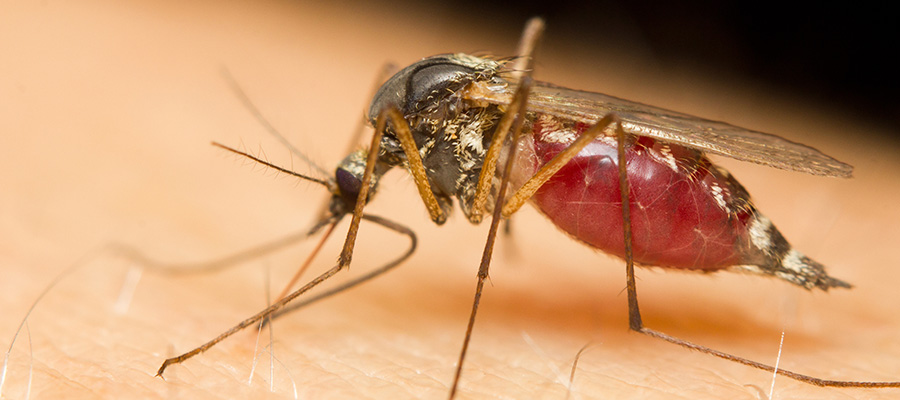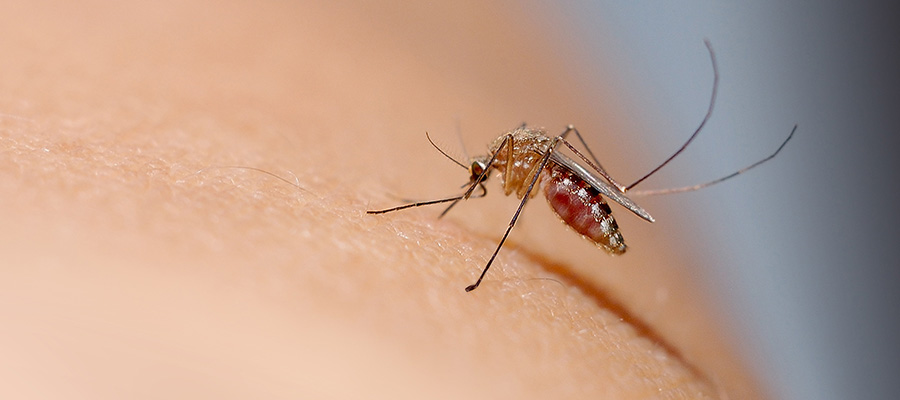Lately, Dengue fever has stirred up considerable attention, sparking debates about its potential spread to the United States. If you're residing in Florida and the thought of Dengue fever nearing your neighborhood has you on edge, here's a comforting update: the chances are significantly slim.
Understanding the concern, we've compiled this article to equip you with vital knowledge about Dengue fever and its transmission methods.
How Is Dengue Fever Transmitted?
Contrary to some misconceptions, Dengue fever cannot be passed from one person to another directly. The disease is spread through the bites of Aedes mosquitoes that have bitten an infected individual, making them carriers. This creates a cycle of transmission in areas where Dengue is prevalent, highlighting the importance of controlling mosquito populations.What is Dengue Fever?
Dengue fever is a significant health concern in over 100 countries, including parts of Africa, the Americas, the Eastern Mediterranean, Southeast Asia, and the Pacific Islands. Annually, between 100 to 400 million people are infected with the virus. While many do not show symptoms, severe cases of Dengue can occur, leading to serious illness in around 500,000 individuals and resulting in approximately 40,000 deaths each year. Symptoms of Dengue fever include:- High fever
- Severe headache
- Pain behind the eyes
- Joint and muscle pain
- Fatigue
- Nausea
- Vomiting
- Skin rash, which appears two to five days after the onset of fever
- Mild bleeding (such as nose bleed, bleeding gums, or easy bruising)




